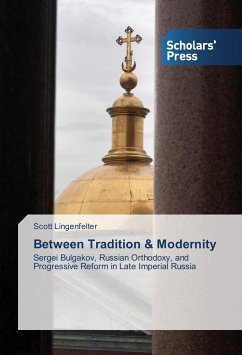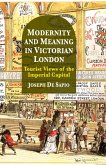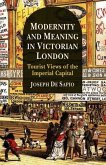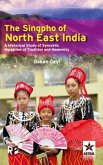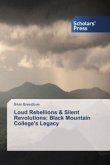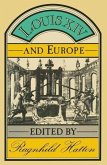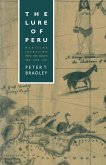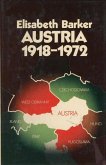What is the role of Russian Orthodoxy in modern Russian history? Has it been a progressive or regressive force? Sergei Bulgakov's answer, conceived amid the prevailing winds in late Imperial Russia, is as relevant today as it was a century ago. Bulgakov's call for an open public square represented an attempt to reconcile opposing forces in the Russian Empire on the eve of war and revolution: imperial officials, the revolutionary intelligentsia, Russian Orthodox prelates, and the provincial parish clergy. On one hand, their challenge was to sustain an ongoing conversation about religious liberty, modernist cultural trends, and political and ethnic pluralism. On the other, the empire spoke with an inflection shaped by centuries of centralized power and eastern Slavic folkways. It was caught between tradition and modernity, as is twenty-first century Russia. Bulgakov's insights into this dilemma, examined comprehensively in this book, are a rich, largely untapped resource for navigating that journey today.
Bitte wählen Sie Ihr Anliegen aus.
Rechnungen
Retourenschein anfordern
Bestellstatus
Storno

